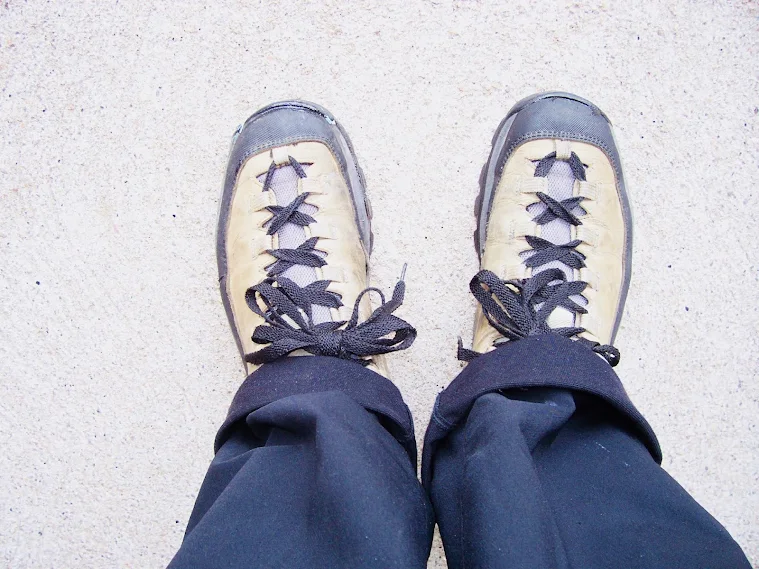The insect apocalypse: ‘Our world will grind to a halt without them’
"Few people seem to realise how devastating this is, not only for human wellbeing – we need insects to pollinate our crops, recycle dung, leaves and corpses, keep the soil healthy, control pests, and much more – but for larger animals, such as birds, fish and frogs, which rely on insects for food. Wildflowers rely on them for pollination. As insects become more scarce, our world will slowly grind to a halt, for it cannot function without them."
No insects, no things that need insects to survive.
If the bottom of the food chain breaks down, eventually everything above that critical foundation will also fall.
All the way up to us.
And yet, there are the nighthawks, calling and soaring and insect-eating right above me.
It is possible, like the common nighthawks, that humanity might hold strong against current tendencies toward extinction, and survive until conditions on Earth improve for all life.
It may be unlikely, but it is one possibility.
The birds overhead give me hope that we will find our wings soon, and as a species take flight toward the better world we know is possible.
One that has room for nighthawks.
Status of the Common Nighthawk
Status history: Designated Threatened in April 2007. Status re-examined and designated Special Concern in April 2018.
The species is ranked as Not at Risk globally (G5), Apparently Secure (N4B) in Canada and Secure (N5B) in the United States. However, it is considered as Critically Imperilled (S1), Imperilled (S2), or Vulnerable (S3) in 14 of 48 states and nine of 13 provinces and territories in which it occurs. In the remaining provinces (British Columbia, Alberta, Saskatchewan, and Ontario) it is ranked Apparently Secure (S4) or Secure (S5).
Threats and Limiting Factors












